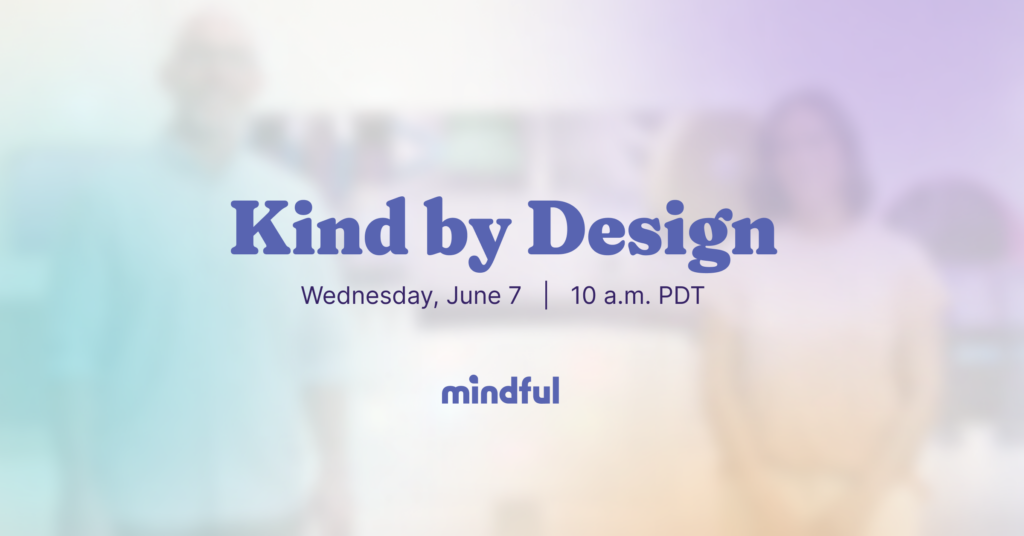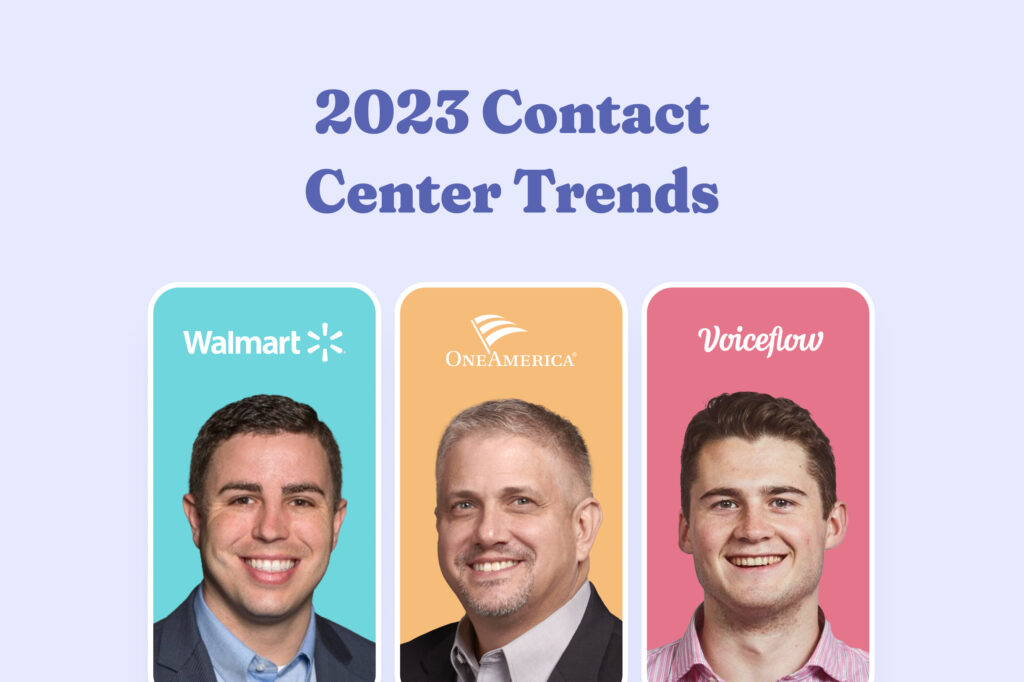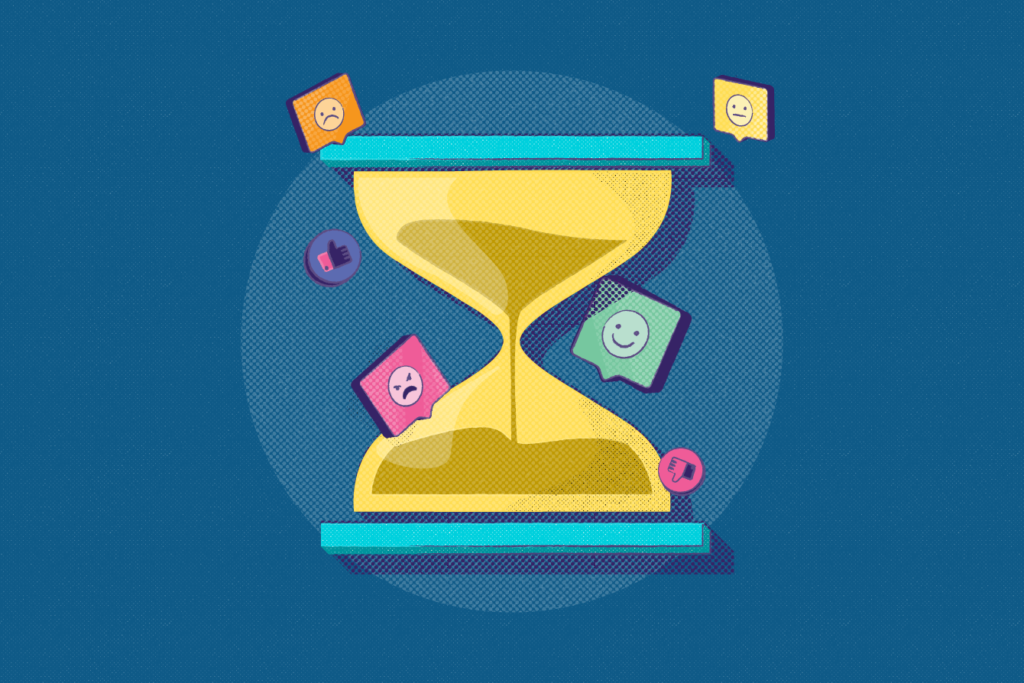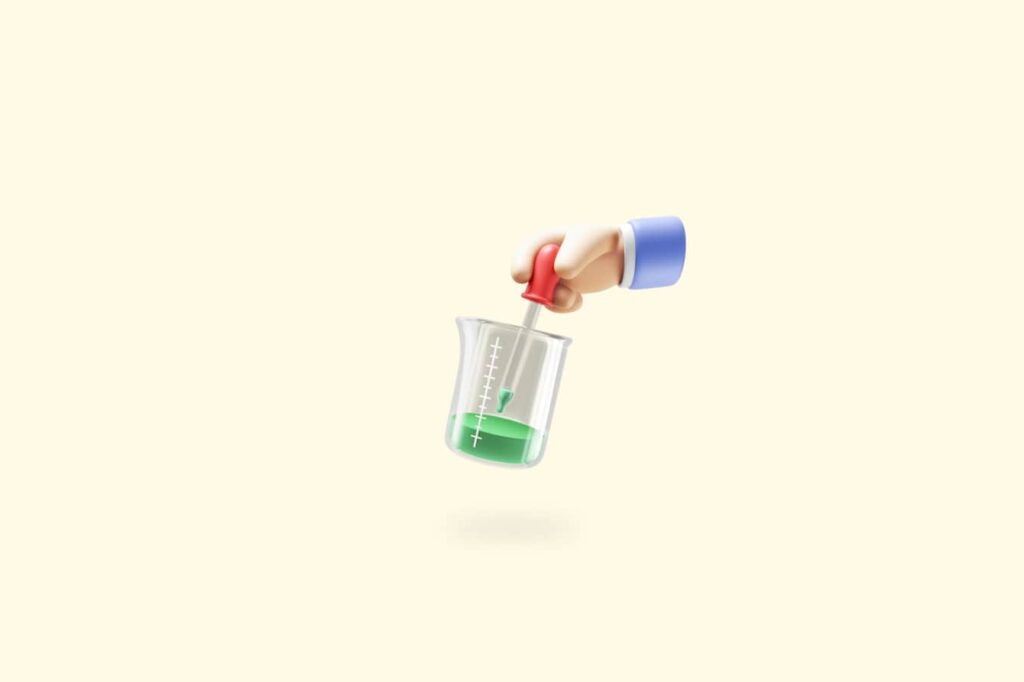VHT (now Mindful) created our callback technology more than 25 years ago. It’s continually evolved over the decades to become the Mindful platform that it is today. Let’s take a look at how the Mindful of today compares to where we started.
Mobility
Then
Phones were stuck on walls, connected by a cord or the limits of a short cordless boundary. This means phones were based in the home and considered part of the living space. Callbacks weren’t just going to a phone number, but a dedicated location.
Now
Phones are in pockets now and distance is no longer an issue. The device is identified with a customer rather than an address. Callbacks can happen anywhere (and get interrupted more often). Brands must now find the customer where they are.
Channel
Then
Callbacks happened in the voice channel. Scheduling had to be done through a touchtone interface in the IVR. And, context from any other channel wasn’t considered.
Now
Smartphones are omni-channel—and so is callback. Scheduling is done where it’s most convenient for the customer, whether it’s through the IVR, the text channel, or online. And, full conversations often span more than one channel.
Transfers
Then
Even with callback, customers often had to wait on hold anyway. If they needed to be transferred to another department during their callback, they’d end up on hold again—this time with no callback option. This tied up time for them and the agent.
Now
Agents can now schedule a callback on a customer’s behalf rather than making both of them wait on hold. Agents can even use Mindful’s Intents feature to schedule right from the Mindful interface. Even if a transfer is necessary, customers still get the benefits of callback.
Planning
Then
Callbacks were only scheduled for later in the day just minutes or hours ahead. This caused complicated practices for end-of-day procedures. Plus, it increased the peaks and valleys of call volumes.
Now
Callbacks can now be scheduled for up to a week in advance, even after contact center hours. Customers and brands can plan for the future more easily than ever. Reducing multiple contact attempts from customers smooths out those peaks and valleys even more.
Focus
Then
At first, the focus was all about the call center. Metrics like average handle time, speed to answer, and deflection rates were what mattered. Success was measured differently from department to department.
Now
The focus has now shifted from the contact center to the customer. The new metrics that drive success are the Net Promoter Score (NPS), Customer Satisfaction (CSAT), and Customer Effort Score (CES). The customer should be in control.
Deployment
Then
Onboarding a callback system into your telephony stack was a months (or years) long process. It may have been worth it, but it was going to be a long haul.
Now
Setup for Mindful can happen in just weeks, sometimes even days. (And procurement is even easier when using a marketplace like Amazon Connect). Brands can start measuring the benefits within just a couple of months.
Flexibility
Then
Customers wanting to change or cancel a callback didn’t have any options other than informing the agent it was no longer needed. Or just miss the callback altogether.
Now
Customers can now change or cancel a callback from their SMS text channel with simple commands. Plus, text reminders encourage them to do so before the callback even happens, saving agents and customers effort and time.
SaaS
Then
Callback was server-bound and hardware-based. Hosted on in-house infrastructure, updates were tedious and expensive. New features required new product licenses and negotiations.
Now
VHT’s Mindful platform is a cloud-based software, integrating easily with other cloud infrastructure (or even with legacy premise-based technology). New features are automatically delivered and available to all Mindful clients on one subscription.
Use case
Then
Callback was originally a response to a crisis of hold time. It was only deployed as a last resort. And callback volumes could be inconveniently limited.
Now
Mindful’s callback, texting, and web-based scheduling is often deployed as a standard practice. Sometimes it’s even the first and only choice for customer contacts. Predictability and convenience are better than ever for both customers and brands.
If your idea of callback technology is out of date by even a few years, your customers feel it. They know when something isn’t working smoothly, and will decide to shop elsewhere. To have a conversation about how Mindful has become so much more than just the callback of yesterday reach out to get started.





